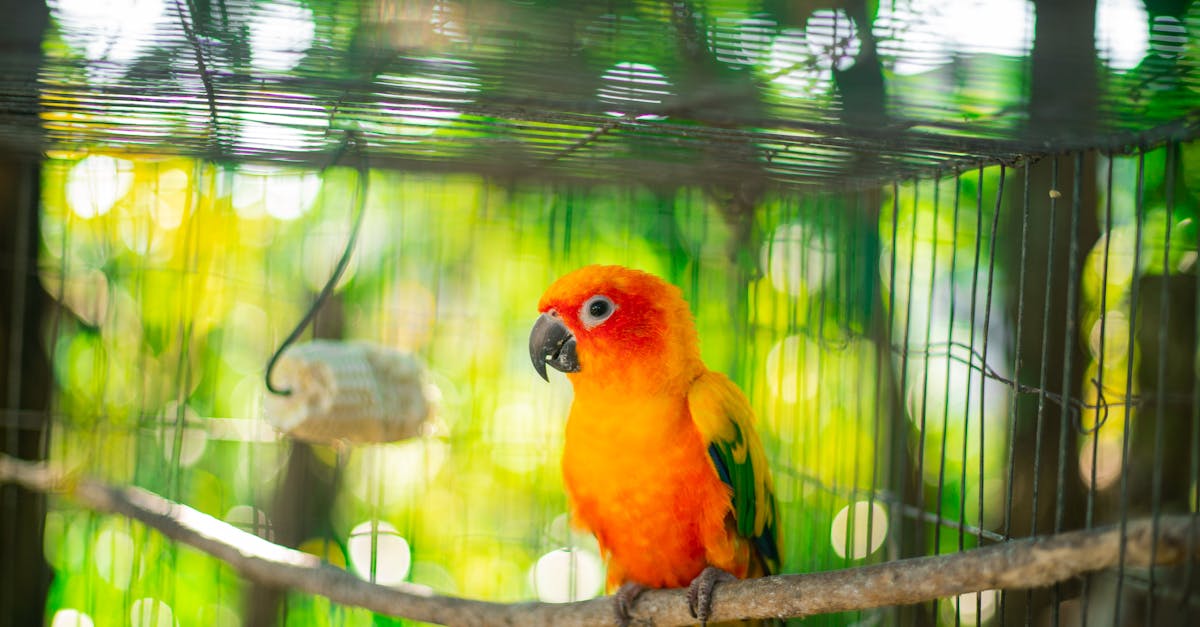I found my dog munching on a raisin that must have fallen from a snack. I've read that raisins can be harmful to dogs, but it was just a single raisin. Should I be concerned about any potential health risks, or is it likely that one won't cause any harm?
If your dog has eaten a raisin, even a single one, it's important to be cautious because raisins can potentially be toxic to dogs and may cause serious health issues.
- Watch for symptoms like vomiting, diarrhea, lethargy, or loss of appetite.
- Contact your veterinarian as soon as possible, as early intervention is crucial.
- The exact amount needed to cause toxicity can vary greatly between dogs, so it's better to err on the side of caution.
Raisins, along with grapes, contain an unknown substance that can lead to kidney failure in dogs. This is a serious condition that can be life-threatening and may develop rapidly after ingestion. Even one raisin could pose a risk depending on your dog's size, sensitivity, and health history. Therefore, monitoring your dog closely for any signs of distress and seeking veterinary advice immediately is important to ensure their safety and health.
For tailored advice, please book a consultation with one of our experienced veterinarians today.
Frequently Asked Questions
- What should I do if my dog ate a raisin?
Contact your veterinarian immediately. They may recommend inducing vomiting or monitoring your dog closely for any signs of illness. Early treatment can make a significant difference. - Why are raisins harmful to dogs?
Raisins contain an unknown toxic compound that can lead to kidney failure in dogs. The exact amount that causes toxicity can vary, but even small quantities can be dangerous for some dogs. - Are some dogs more affected by raisins than others?
Yes, individual dogs may have varying levels of sensitivity to raisins, meaning some may be affected more severely than others. Factors like the dog's size, age, and overall health can influence their reaction.
The "Ask a Vet" forum on Dial A Vet offers general information and helpful tips on pet health, but it's
not a substitute for professional veterinary care. The advice here doesn't create a veterinarian-client-patient relationship, and our vets can't diagnose or treat your pet remotely.
For emergencies or specific medical concerns, always contact your local veterinarian immediately. Your pet's health is unique, and decisions should only be made after consulting with a qualified professional. By using this forum, you acknowledge these limitations and agree to seek in-person veterinary advice for all your pet's health needs. View our
content guidelines.



%2520(1).png)



.jpg)








